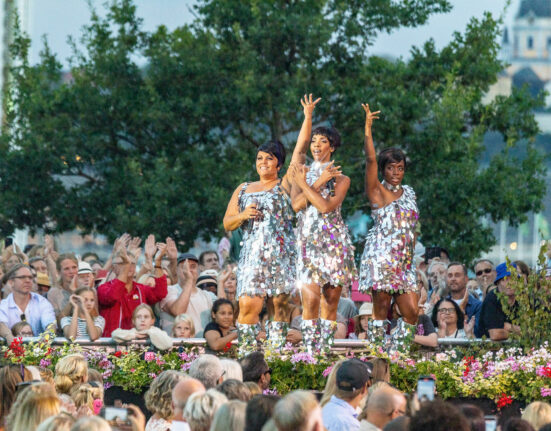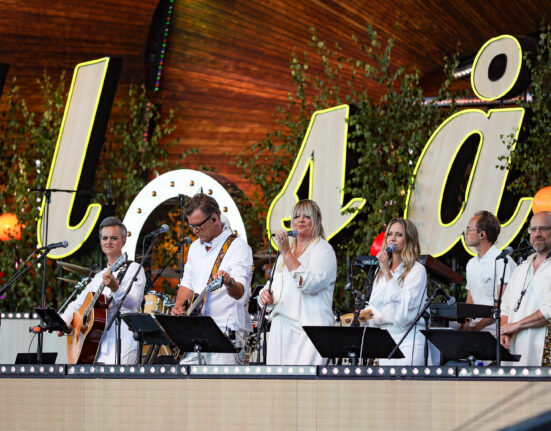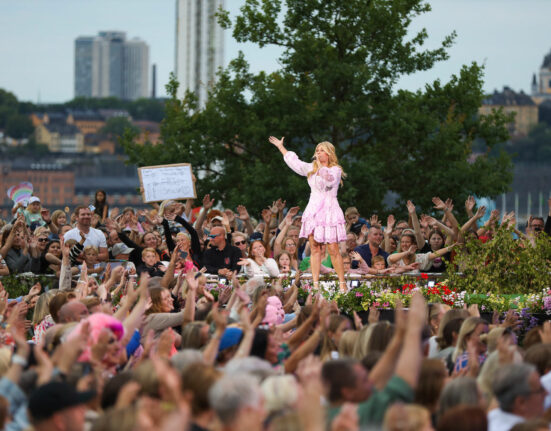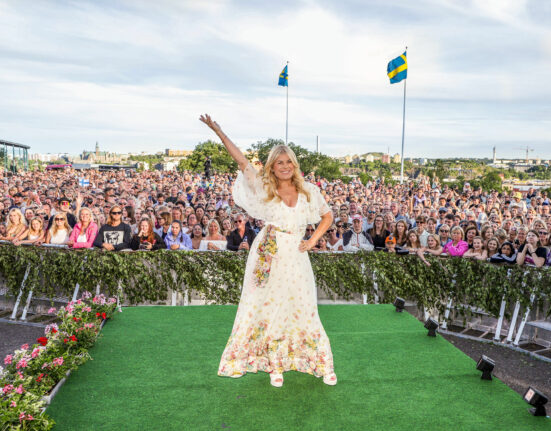January is a celebration of both beginnings and endings; The first of the month boasts resolutions and new starts to a brand new year, whilst the 6th January marks the end of Christmas for some. For others, it ain’t over till the tree’s been thrown out on the 13th. Here’s the low-down on these Swedish traditions in January.
Nyårsdagen (New Year’s Day): Wednesday 1st January

Of course New Year’s eve is the big build up, but everyone is waiting for New Year’s day when all the fun begins. Many Swedes will watch the countdown at Skansen (you may be lucky enough to actually be there!), gaze at the fireworks display and debate whether the actor picked to read Tennyson’s Ring Out, Wild Bells On New Year’s Day did it well. On the stroke of twelve itself it’s customary to give each other nyårspussen (the new year’s kiss) and drink each other’s health with champagne.
New Year’s day itself is still important, even if it’s just to sleep off the hangover from the previous night’s celebrations. It might be that morning ‘beer fear’ that led to the idea of new year’s resolutions; whatever the reason, the idea is to make a promise with one’s self to do something different to better life in the coming year, whether it’s to stop smoking, lose weight or… drink less next new year’s eve!
It’s customary to have a nice family meal for lunch on 1st January, as opposed to the expensive meal with friends the night before. Some odder (but fun) traditions for the big day include watching the 1982 version of Ivanhoe (shown on TV3 at 3pm), the ski jumping tournament in Garmisch-Partenkirchen (shown on SVT1 at 2pm) and the New Year’s Concert broadcast from Vienna (shown on SVT2 at 11:15pm).
Trettondagen (Epiphany): Monday 6th January
Epiphany is also known as Twelfth Night (or what you will) in the UK, so it seems strange that it’s called the 13th day in Sweden. It all depends if you count Christmas Day as part of the bundle of days that the three wise men travelled to give Jesus his gifts, which is (in the main) where the tradition comes from. Although Sweden is in the main a secular society, traditions are held in the highest esteem and the occasion is still marked as a national holiday. There are some wonderful concerts held in churches across Stockholm, with beautiful music to be heard, whatever your religious persuasion.
Tjugondag Knut (Twentieth Night): Monday 13th January

Not to make Swedes sound as though they are obsessed with numbers, but it is twenty days after Christmas that the season is declared officially over hence the tjugondag. The knut part is a little harder to work out, but it relates to a saint who has his name day on this date. Christmas is ‘danced out’ round the tree, which is stripped of all its decorations and any goodies from it are distributed amongst the children before it is taken away (in olden times, thrown out of the window). This ceremony is charmingly named julgransplundring, Christmas tree plundering and I love the idea of ‘stealing’ all the treats from it. The season of giving, even from the tree, is now officially over!
Photo credit: Anatoly Kraynikov and michaelgoodin











